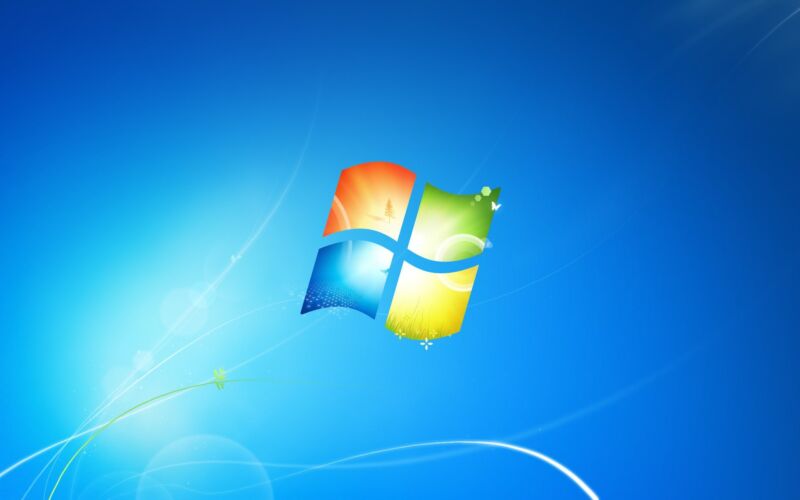
RIP to one of my favorite loopholes: Microsoft quietly announced earlier this month (via Neowin) that users will no longer be able to install and activate Windows 10 or Windows 11 with old Windows 7 and Windows 8 product keys.
Microsoft Windows 11
At least for now, though, it seems like this change will only apply to future Windows versions. We were able to activate a fresh Windows 11 Pro 22H2 install with a Windows 8 Pro product key as of this morning, as was Neowin. But Neowin could not activate a newer Insider Preview build of Windows, suggesting that the change will mostly affect newer Windows versions. We’ve asked Microsoft for clarification and will update this story if we receive any.
When Windows 10 originally launched in 2015, it did so as a free upgrade to all users of Windows 7 and Windows 8—the vast majority of the Windows user base at the time. Microsoft wanted to encourage developers to use its new technologies by giving them the largest possible install base of people on the newest version of Windows. Not only would people running Windows 7 and Windows 8 be offered the option to upgrade to Windows 10, but product keys from those versions of Windows would activate the analogous editions of Windows 10.
Formally, that free upgrade offer ended in July 2016, and Windows 7 and 8 PCs no longer saw notifications about the offer. But users quickly noticed that it was still possible to upgrade these old Windows installs using downloaded ISOs or USB sticks, and it was still possible to use old Windows product keys to activate fresh installs. That loophole has persisted to the present day.
Microsoft says Windows 10 users can still upgrade to Windows 11 for free—at least, if their Windows 10 PCs meet Microsoft’s relatively stringent system requirements for Windows 11. Microsoft stopped selling new copies of Windows 10 back in January, and most versions of the operating system will stop getting security updates in October 2025.
Even after Microsoft stops accepting Windows 7 and 8 product keys, you should be fine if you’ve already activated an older install. Windows creates and stores a digital fingerprint of your system at activation so you can continue to install and activate the same edition of Windows on the same PC repeatedly without re-entering the product key. But if you have a cache of old product keys around for activating new systems, they may stop working sometime soon.
https://arstechnica.com/?p=1972170

